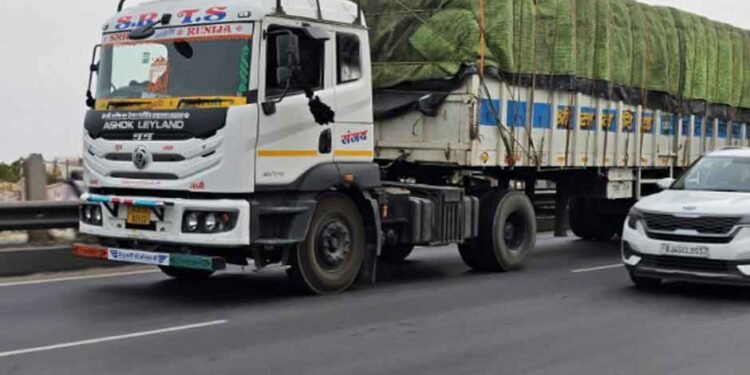At first glance, a truck accident might seem like just a larger version of a car accident. But anyone who has been involved in or studied these cases knows that the two are very different. Trucks aren’t just bigger vehicles than cars, but they’re also governed by stricter regulations, involve more complex liability, and often result in more severe outcomes. For victims, understanding these differences is crucial when pursuing legal action or protecting their rights. Here are five key ways truck accidents differ from car accidents.
1. Difference in Size, Weight, and Damage
The most obvious difference between trucks and cars is their sheer size. A fully loaded commercial truck can weigh up to 80,000 pounds, while an average car is only 3,000 pounds. This massive disparity in weight and momentum means that collisions are far more destructive.
Where a car accident might leave dents or bruises, truck accidents are more likely to result in totaled vehicles, severe injuries, and, unfortunately, fatalities. Survivors often face long-term medical treatment, rehabilitation, or permanent disability.
2. Complicated Liability
When two cars crash into each other, liability usually rests with one or both drivers. Truck accidents, however, can involve multiple responsible parties, including:
- The truck driver, for negligence or reckless driving
- The trucking company, for unsafe schedules, poor training, or lack of maintenance
- Cargo loaders, if improperly secured freight contributed to the accident
- Manufacturers, if technical defects were found
Figuring out who is legally responsible requires a thorough, formal investigation. If you’re in California, a California truck accident lawyer can do this part for you.
3. Federal and State Regulations
Unlike passenger vehicles, commercial trucks are heavily regulated at both the federal and state levels. The Federal Motor Carrier Safety Administration (FMCSA) sets rules on driver rest periods, vehicle inspections, weight limits, and more.
These regulations are designed to keep roads safe, but they also add an extra layer of legal considerations after an accident. A lawyer experienced in truck accident law knows how to identify these violations and use them as evidence, something that is not involved in car accidents.
4. Intensive Evidence Gathering
After a car accident, evidence often comes down to police reports, eyewitness accounts, and maybe dashcam footage. In a truck accident, however, the evidence pool is much broader and more technical.
You may need to get electronic logging device data tracking, black box records, truck inspection and maintenance logs, and GPS data. Because trucking companies and insurers are quick to protect themselves, some of this evidence can be lost or altered if not preserved promptly. It’s the reason why making early legal intervention is especially important in truck accident cases.
5. Insurance Settlements and Policies
Tracking companies carry insurance policies far larger than those for passenger cars, sometimes worth millions of dollars. While this means more resources are available for victims, it also means the insurance companies fight aggressively to minimize payouts. Unlike a car accident claim, where negotiation can be relatively straightforward, trucking insurers have entire teams of adjusters and lawyers to reduce liability.
Conclusion
While truck accidents may share surface similarities with car crashes, the legal, logistical, and emotional aftermath is far more complex. From the scale of damage to the layers of liability and regulation, these cases require a deeper level of expertise and urgency. Victims must act quickly not only to preserve critical evidence but also to navigate the aggressive tactics of trucking insurers. Understanding these distinctions isn’t just helpful; it’s essential. With the right legal guidance, you can protect your rights, pursue fair compensation, and begin the road to recovery with clarity and confidence.












